
China
17:00, 09-Dec-2017
China in the new era: What to expect in 2021?
CGTN Zhou Jinxi, Zang Shijie and Nadim Diab
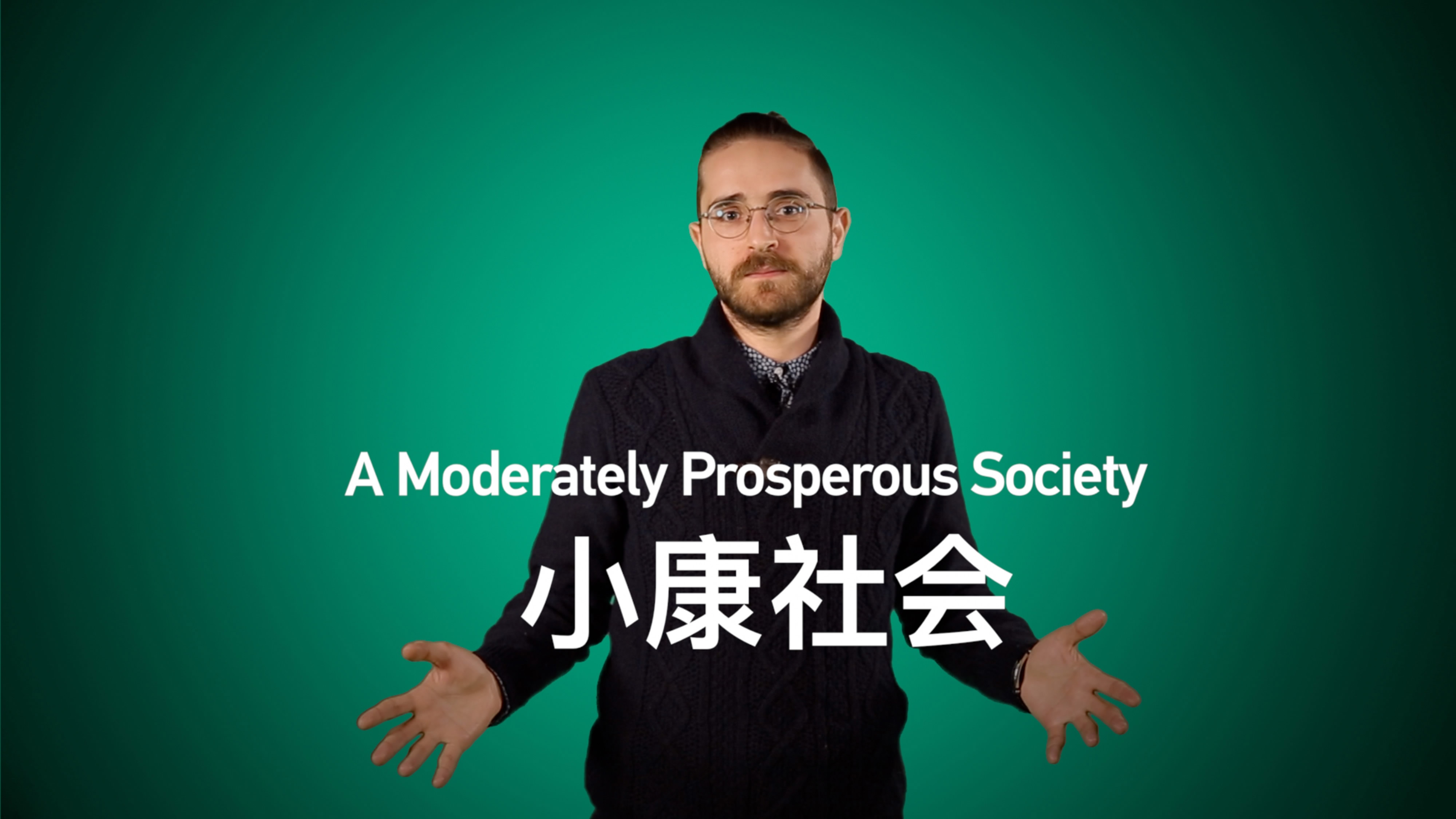
The 19th National Congress of the Communist Party of China (CPC) heralded a new era for the country – one that builds on the achievements of the past, continues with the relentless efforts for a better tomorrow and guides the people into a flourishing future.
The next four years are of crucial importance to China, and the lead-up to the zero hour will show how China is turning the last page on a fruitful chapter in its history.
But what is so special about the year 2021?
Moderately prosperous society
“Xiaokang society" or “moderately prosperous society” is a major buzzword in China nowadays, with the term frequently spotted in speeches of Chinese officials, media reports, and think tank papers.
“Xiaokang” appeared for the first time in the oldest existing collection of Chinese poetry, Classic of Poetry. It was used to indicate moderate prosperity, in reference to a well-off society that encapsulates the dreams of Chinese people for a better life.
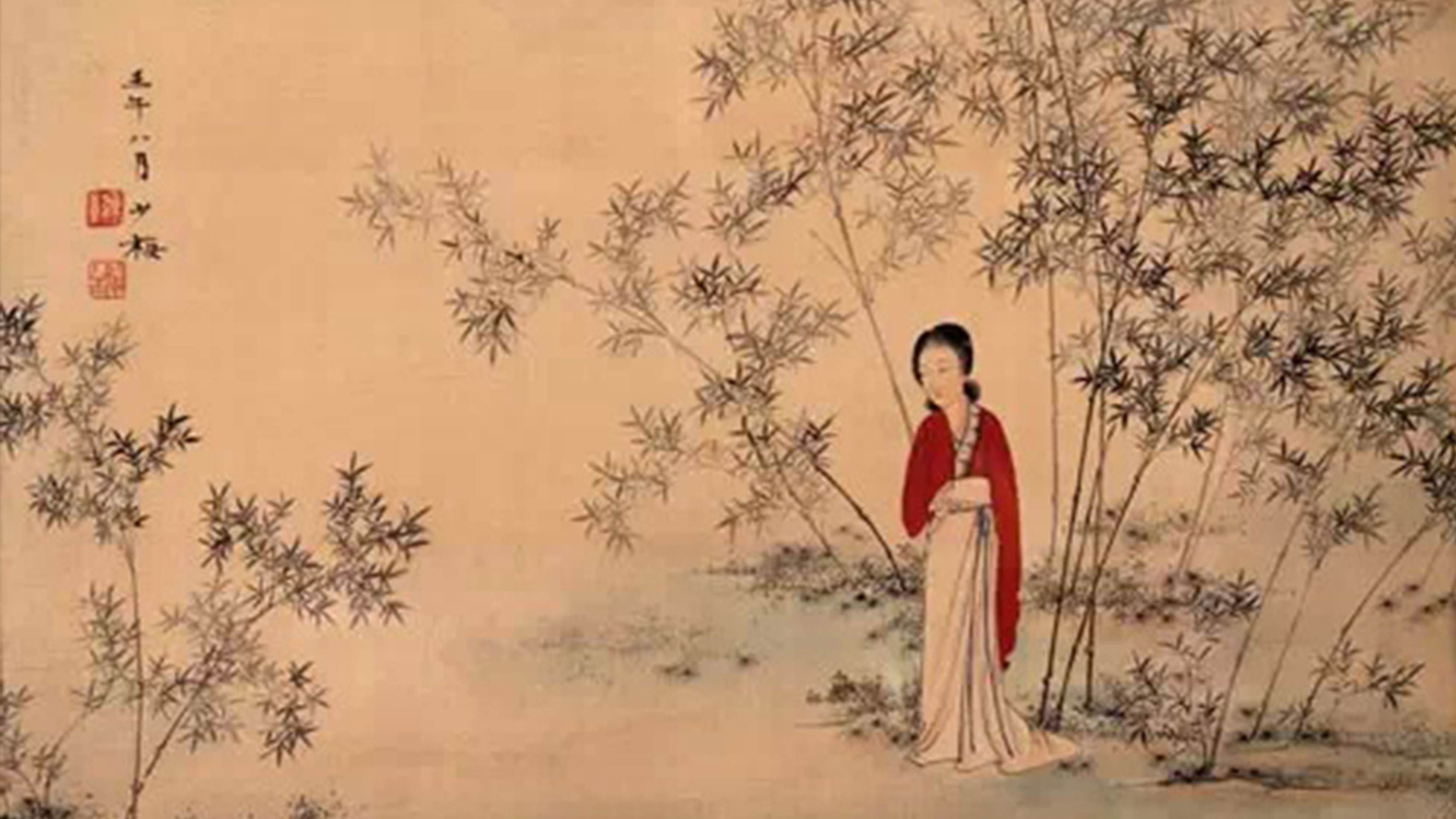
Classic of Poetry: The oldest existing collection of Chinese poetry. /VCG Photo
Classic of Poetry: The oldest existing collection of Chinese poetry. /VCG Photo
Late Chinese leader Deng Xiaoping was the first to propose the concept of a moderately prosperous society in 1979. Around the same time, he put forward the reform and opening-up policy that ushered in an era of astronomical economic growth for the country.
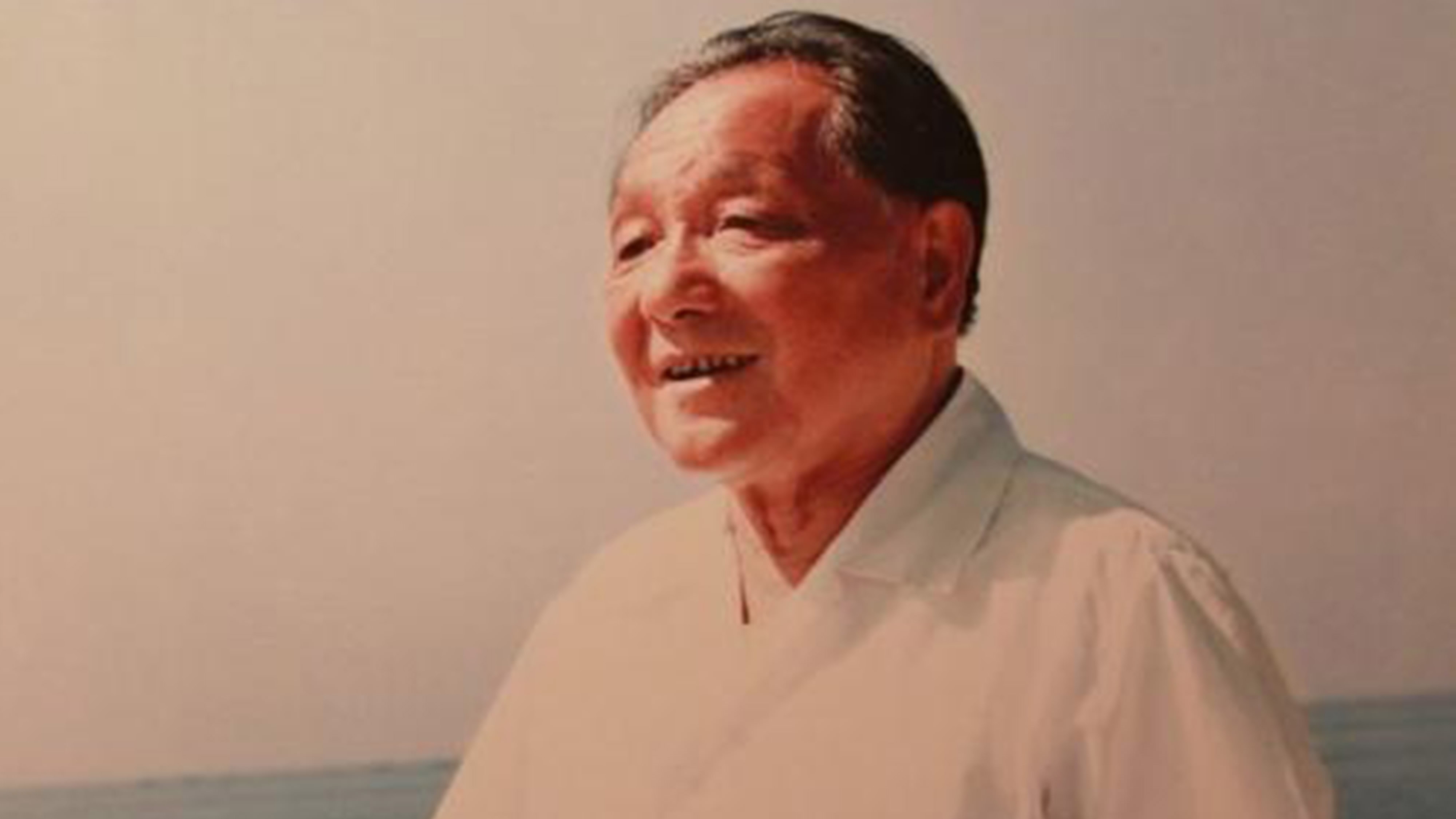
Chinese leader Deng Xiaoping (in office from 1978 to 1989). /VCG Photo
Chinese leader Deng Xiaoping (in office from 1978 to 1989). /VCG Photo
Governments at all levels spared no efforts to bring Deng’s vision to fruition, and after 30 years of policy making and implementing. The 18th CPC National Congress proposed the idea of completing “the building of a ‘Xiaokang’ society in all respects” in 2020, with doubling China’s 2010 levels of GDP and per capita income for both urban and rural residents as one of the main criteria.
Two centenary goals
Chinese President and General Secretary of CPC Central Committee Xi Jinping has mentioned the concept of “two centenary goals” over 100 times in speeches and articles since the 18th CPC National Congress in 2012. In his address to the opening session of the 19th Party Congress on October 18 this year, he reiterated the importance of sticking to and achieving both goals.

"Two Centenary Goals" /VCG Photo
"Two Centenary Goals" /VCG Photo
The first goal is to build a moderately prosperous society in all respects by 2021, the year that marks the 100th anniversary of the CPC's founding. The second is to fully build a “modern socialist country that is prosperous, strong, democratic, culturally advanced, harmonious and beautiful” by 2049, to celebrate the 100th anniversary of the founding of the People's Republic of China.
Xiaokang society and middle class
The aim of a moderately prosperous society is to allow the Chinese population to live comfortably, albeit ordinarily. The concept invokes increasing per capita incomes and realizing a better, fairer and more equal distribution of wealth resulting from economic growth. But while upping living standards for all Chinese lies at the heart of the concept, a “Xiaokang” society is by no means a strictly economic notion.
“Xiaokang” society has been called the Chinese equivalent of “middle class.” One estimate puts the number of middle-class households in China at 440 million after the country achieves the goal, and a Brookings Institution report predicted that the country will add 850 million to its middle class by 2030 – in other words, the middle class will make up 73 percent of the population.
People's voices
CGTN Digital took to the streets of Beijing to ask people about their 2021 expectations. Those we interviewed come from all walks of life and hail from different regions across the country, yet they all shared a certain sense of positivity about what is yet to come.
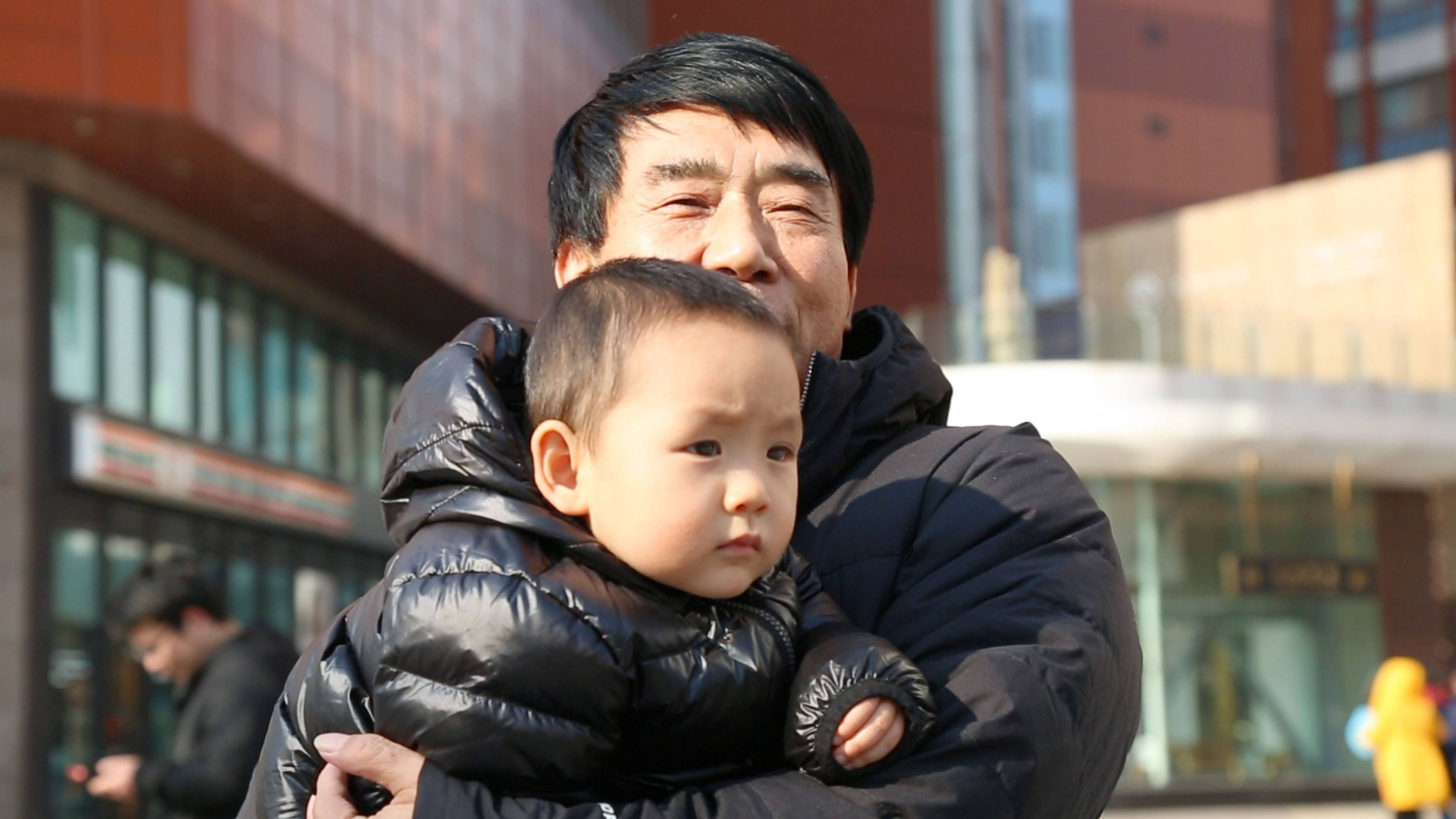
Wang Bingshe, a 60-year-old retiree, moved to Beijing with his wife to look after their grandson. /CGTN Photo
Wang Bingshe, a 60-year-old retiree, moved to Beijing with his wife to look after their grandson. /CGTN Photo
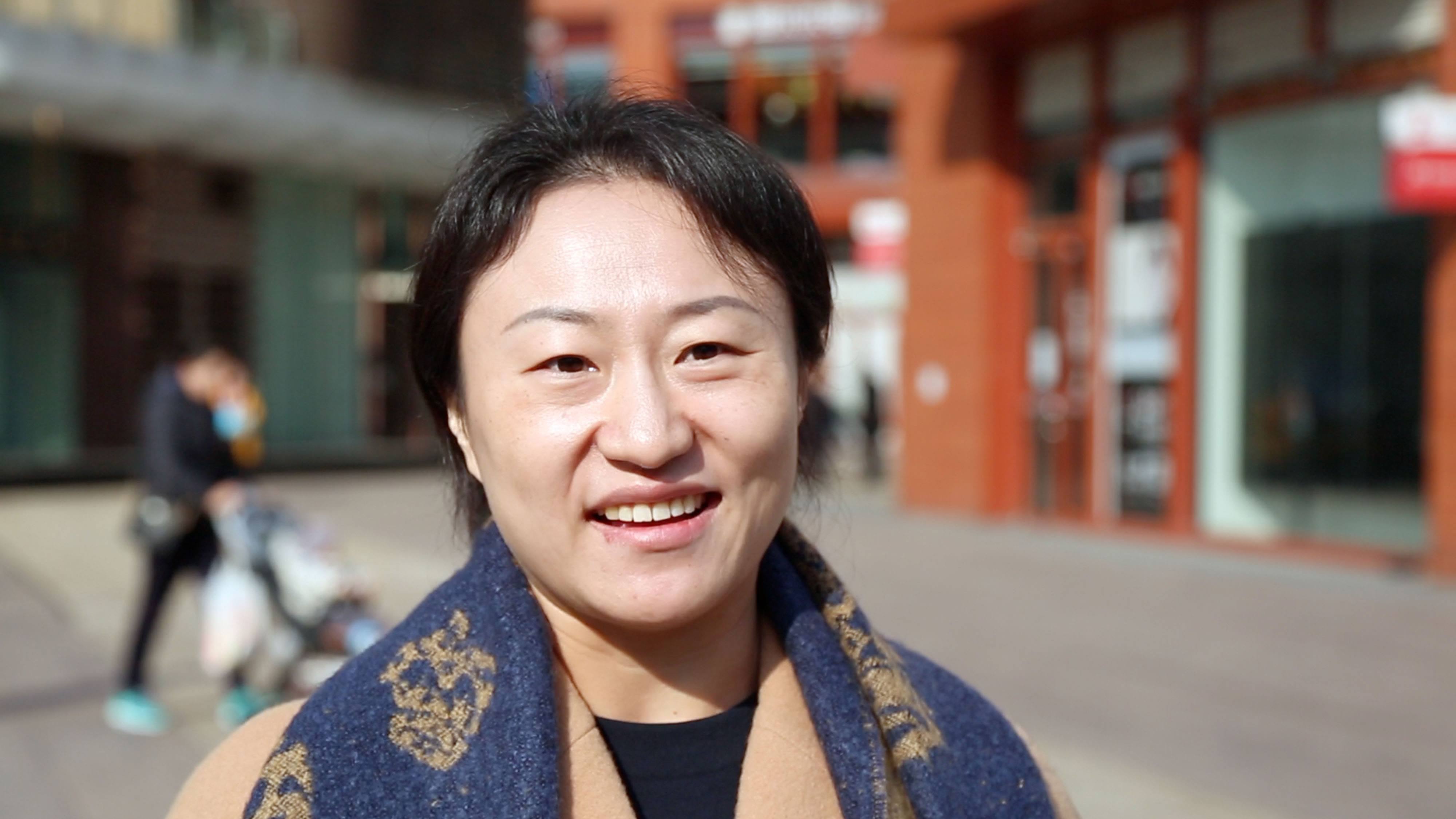
The piano teacher-turned-housewife. /CGTN Photo
The piano teacher-turned-housewife. /CGTN Photo
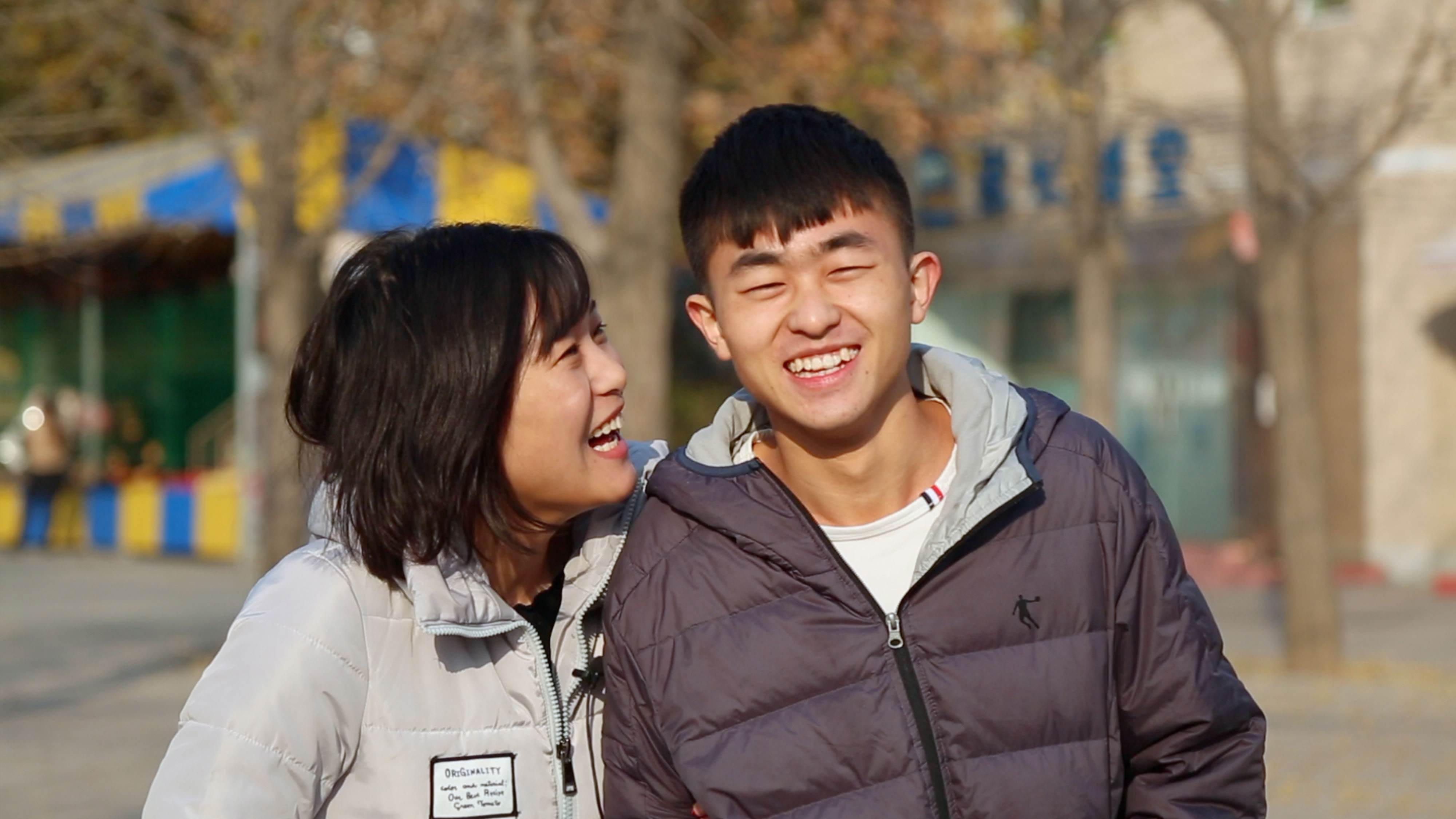
New comers to the metropolis. /CGTN Photo
New comers to the metropolis. /CGTN Photo
Wang Bingshe, a 60-year-old retiree, and his wife moved to Beijing to look after their grandson. “Days here are totally different from what we are used to. Young people are busy with their work. We moved from our hometown to Beijing to share their burden,” Wang said. In four years, they hope they would have more leisure time and travel around China to see what it has to offer, even maybe go abroad.
A 38-year-old stay-at-home mom expressed gratitude for the personal safety China offers. The piano teacher-turned-housewife told CGTN that her experience abroad as an overseas student allowed her to appreciate the sense of security China allows, especially after the string of attacks in Western countries as of late. As a mother of a three-year-old boy, she wished that in 2021, all kids could enjoy their childhood and education be encouraged for an all-round development.
Li Baohong and Li Xiaoya are a 20-something couple who have been in Beijing for two years. Like most migrant workers, they began their lives in the city with little means and big dreams. Although they have a great burden on their shoulders, they still believe life is headed towards a more promising place.
“The reason why we came to Beijing is that we wanted to see more of the big city and modern development. The air quality is better than last year, and that is the result of the government’s hard work. We feel proud to be a part of Beijing, in China,” said Li Xiaoya.
What are your expectations in four years’ time?

SITEMAP
Copyright © 2018 CGTN. Beijing ICP prepared NO.16065310-3
Copyright © 2018 CGTN. Beijing ICP prepared NO.16065310-3